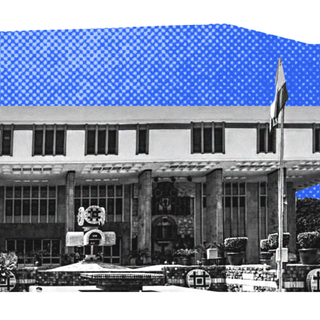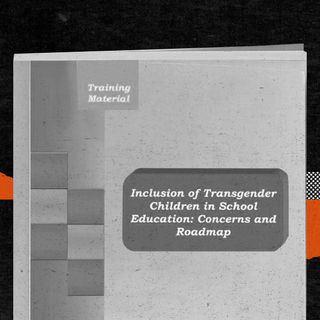Deepa P Mohanan, a scholar from Kerala’s Mahatma Gandhi University, began a hunger strike a week ago protesting caste discrimination that kept her from accessing facilities and resources to complete her research. Mohanan alleged that Nandakumar Kalarickal, the director of the International and Inter-University Centre for Nanoscience and Nanotechnology (IIUCNN), blocked her efforts at securing a Ph.D. degree.
Mohanan ended her hunger strike on Monday after Nandakumar was replaced at the center. Although the struggle is far from over, the moment represents an important landmark for Dalit and Bahujan students nationwide resisting institutional casteism.
“Deepa’s victory is an important victory for many Dalit women, students, and the Ambedkarite movement. NCWL heartily congratulates Deepa and everyone who stood with her in this fight against institutional casteism. Although all her demands … [have] been accepted, it is significant to note that it took more than 5 years of constant struggle to remove casteist Nandakumar Kalarickal from the university,” says Seema Mathur, founding member of the National Council of Women Leaders, speaking to The Swaddle.
Mohanan joined the university ten years ago to pursue an MPhil in microbiology. When that was done, she joined the same institute to complete a Ph.D. in 2014. She alleges that her time in the university since 2011, however, was marked by repeated instances of institutional casteism. “I have not been able to do my studies smoothly for the last 10 years,” she told The Wire. Mohanan alleged that she was denied opportunities to pursue external projects, access to university facilities, delays in processing her MPhil certificates, and intimidation.
Although an inquiry commission had, in 2015, found Mohanan’s complaints to be legitimate and recommended steps to recompense her, the systemic barriers continued to persist.
The decision to replace Kalarickal now came after Kerala’s higher education minister announced that she would “ensure justice” for Mohanan. But it took Mohanan’s dogged pursuit of justice for a decade culminating in a hunger strike to finally bring attention to the issue.
“The state government should proactively consider compensating for Deepa’s academic loss and further take measures to ensure a safe environment for budding Dalit, Bahujan, and Adiwasi scientists and scholars,” adds Mathur.
Related on The Swaddle:
Amid Free Speech, Casteism Concerns, Should University Rankings Be Revisited?
Caste discrimination in universities is a systemic issue that has existed for a long time but tended to get sidelined from the mainstream. Rohith Vemula’s death by suicide was a flashpoint that brought the issue into the national consciousness. But Vemula’s name continues to be held alight almost solely by Dalit students and activists, with little support from Savarna media and institutions.
That Mohanan’s fight ended in a victory can arguably be traced back to the fight that Rohith Vemula began. For possibly the first time, a Dalit scholar has been able to claim a substantial win against institutional casteism in their lifetime.
“We should allow no more Rohith Vemulas or Payal Thadvis getting killed by casteists in academic spaces,” anti-caste director Pa Ranjith tweeted, in solidarity with Mohanan.
The issue is also significant not only because it represents a story of Ambedkarite resistance that didn’t end in death, but a successful one. This is in contrast with another ongoing struggle at the Indian Institute of Technology Madras, where a professor from an OBC community who alleged caste discrimination has still not seen justice and continues to pursue his case.
Often, the lack of redressal mechanisms for caste discrimination and grievances serve not only as the biggest obstacles to even recognizing the problem, but also twist “due process” into one that favors the already caste-privileged.
“Educational institutions all over the country should also consider implementing the provisions of the ‘Rohith Act’ as well as recommendations by Thorat Committee under the chairmanship of Prof. Sukhdev Thorat as guidelines to end casteism from educational spaces, to provide equal opportunities, and to ensure social justice to all without any discrimination based on caste, class, gender, religion, and birthplace,” Mathur further stated.
Rohith Vemula’s death was followed by demands for a “Rohith Act,” similar to the “Nirbhaya Act,” to tackle institutional casteism. The legislation has not yet come to pass, but it speaks to the presence of a systemic issue that acts as a gatekeeper for education that includes only oppressor caste individuals within its fold.




